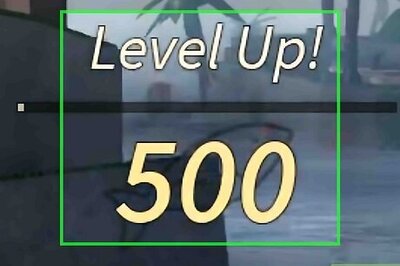
views
France: European leaders heaped pressure on Greece over its decision to hold a referendum on its latest bailout deal, calling it a vote on whether it wants to stay in the eurozone and vowing Athens would not get new rescue loans until the result was in.
The acknowledgment that the vote, which will likely take place on December 4, could see Greece leave the currency union is the first official admission that such an exit is possible and follows almost two years of pledges to the contrary.
"The referendum ... in essence is about nothing else but the question, does Greece want to stay in the eurozone, yes or no?" German Chancellor Angela Merkel said at a news conference together with French President Nicolas Sarkozy.
A "no" vote in the referendum would have enormous consequences not just for Greece but for the rest of Europe. It could break up the 17-nation eurozone, lead Greece to a disorderly debt default, topple many fragile European banks and send the global economy spinning back into recession.
Merkel and Sarkozy, as leaders of the two biggest eurozone economies, held emergency talks with Greek Prime Minister George Papandreou in Cannes, France to discuss his stunning proposal to hold the vote. The discussion also included International Monetary Fund head Christine Lagarde and top EU and eurozone officials.
Luxembourg Prime Minister Jean-Claude Juncker announced that the referendum would be held December 4, though Sarkozy said the vote would be December 4 or 5.
Sarkozy said the next euro8 billion ($11 billion) installment of Greek rescue loans, which had already been approved and was due to be paid in November, will not be handed over until after the referendum.
"We want to continue with the Greeks but there are rules and it's unacceptable that these rules are not followed," Sarkozy said.
The chief of the IMF, Christine Lagarde, said "I hope that this whole thing can be closed and completed by mid-December - I think it's important from a cash point of view."
Papandreou has warned that government salaries and pensions cannot be paid if the next loan payment doesn't come through soon after the referendum.
Papandreou's stunning announcement on Monday that he would stage a referendum roiled world financial markets and threw into question an ambitious and costly European deal worked out in torturous negotiations a week ago.
Merkel confirmed that Greece did not inform the rest of the eurozone about the referendum. "This did not happen in a coordinated fashion," she said.
But Papandreou defended his decision to call the vote despite the wrath it invoked.
"I believe it's crucial that we show the world that we can live up to our obligations," he said. "This is not a question only of the program; this is a question of whether we want to remain in the eurozone."


















Comments
0 comment